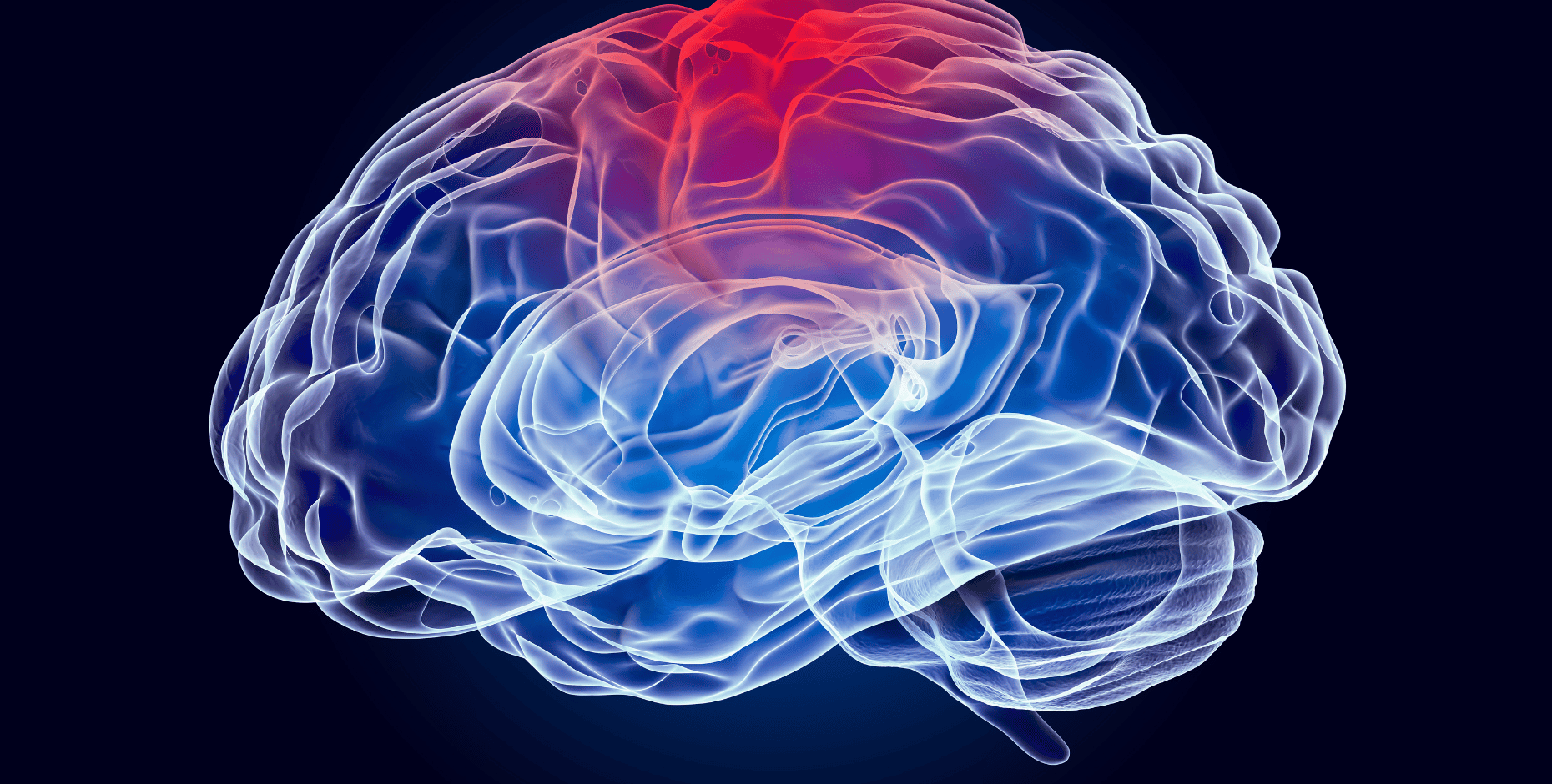
The prolonged effects of sustained concussions are only just beginning to be realised, with former AFL players speaking out on their symptoms and the long-term effects of repeated trauma to the head. Concussion currently accounts for 1 in 8 of the injuries sustained in community Australian rules football1. It’s the most common injury requiring hospitalisation2 from the sport in Australia.
AFL Hawthorn legend John Platten recently discussed his suspected 36 concussions over the course of his 18-year career and detailed the ‘worst’ of them, which has caused him to forget playing in the 1989 grand final. The late St Kilda great Danny Frawley, Richmond star Shane Tuck and AFLW Adelaide player Heather Anderson were all diagnosed with Chronic Traumatic Encephalography following their deaths in recent years.
Concussions are now more frequently recognised, assessed and treated by physiotherapists working with athletes in Australian Football League (AFL) and Australian Football League Women’s (AFLW) competitions. Players are commonly referred to neurological physiotherapists by club medical and allied health staff for further assessment, to avoid the persistent symptoms of concussion leading to worsening mental health, depression and anxiety3, 4, 5.
Australian Physiotherapy Association Neurological Physiotherapist and Associate Professor Dr James McLoughlin said that more is needed from our sporting codes to give our athletes a better life.
“Sporting organisations are beginning to get on board with concussion protocols which is great to see, but our athletes deserve the best opportunity to continue playing and live well. Better information leads to better decision making, and ultimately better outcomes,” Dr McLoughlin said.
Dr McLoughlin works with AFL players who sustain concussions, to ensure they receive early physiotherapy treatment which is proven to result in better outcomes and quality of life and an earlier return from the injury.
“Neurological physiotherapists with an interest in concussion rehabilitation are often asked to provide assessment and advice about vestibular, ocular, cervical and headache/migraine issues that can become persistent in some players,” Dr McLoughlin said.
“Much of these earlier physiotherapy interventions involve combining balance, vision and neck treatment, followed by sub-threshold exercises, to help us get the player back to normality, quicker.
“Our concussion assessments also involve screening the player for vision, anxiety, depression, sleep6, and cognition, so we also play a key role in referring to appropriate health professionals who can promptly follow up on these important issues.
Neurological physiotherapists support concussion care through their expertise in brain injury and vestibular rehabilitation, working in conjunction with musculoskeletal and sports physiotherapists and other medical and allied health professionals, to improve assessments and rehabilitation strategies for the player.
“These rehabilitative strategies are critical for not only the continuing careers of AFL and AFLW players, but to give the best opportunity for a high quality of life after their time at the elite or grassroots level is finished,” Dr McLoughlin said.
-ENDS-
James McLoughlin is available for further comment.
References
1Sports injury in Australia, Australian rules football. (2023). AIHW. Available from https://www.aihw.gov.au/reports/sports-injury/sports-injury-in-australia/contents/featured-sports/australian-rules-football
2Sports injury in Australia, Australian rules football. (2023). AIHW. Available from https://www.aihw.gov.au/reports/sports-injury/sports-injury-in-australia/contents/featured-sports/australian-rules-football
3Sheldrake, E. et al. Mental Health Outcomes Across the Lifespan in Individuals With Persistent Post-Concussion Symptoms: A Scoping Review. Front. Neurol. 13, 850590 (2022).
4Rice, S. M. et al. Sport-Related Concussion and Mental Health Outcomes in Elite Athletes: A Systematic Review. Sports Med. 48, 447–465 (2018).
5Gornall, A., Takagi, M., Morawakage, T., Liu, X. & Anderson, V. Mental health after paediatric concussion: a systematic review and meta-analysis. Br. J. Sports Med. 55, 1048–1058 (2021).
6Magliato, S. N. et al. Sleep Problems After Concussion Are Associated With Poor Balance and Persistent Postconcussion Symptoms. J. Child Neurol. 08830738231170721 (2023).
For further information, please contact:
Manager, Media and PR
Tel: 03 9092 0838
Email: media@australian.physio
Related tags
